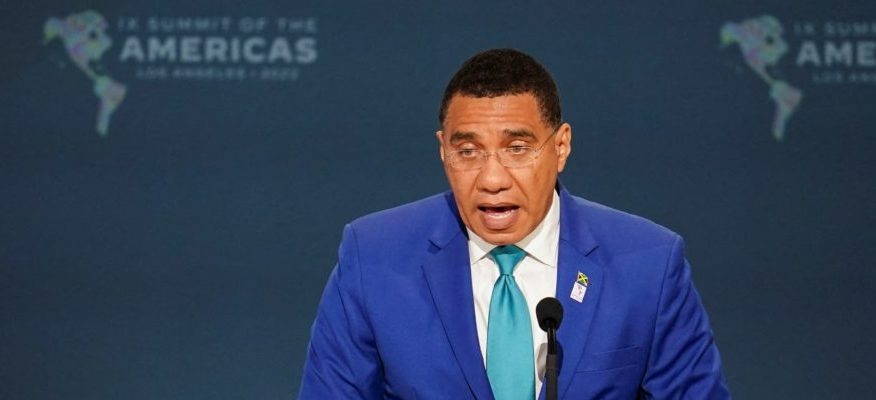

Prime Minister Andrew Holness today (June 10) joined other regional leaders in standing firmly against US President Joe Biden’s decision not to invite several countries to the 2022 Summit of the Americas.
While not specifically naming Cuba, Nicaragua and Venezuela, Holness, speaking at the ninth iteration of the Summit of the Americas in Los Angeles, argued that for a regional meeting of leaders, excluding specific countries goes against the principles of collaboration and dialogue.
“This kind of inclusive approach is critical to meeting our challenges, and we regret that the Summit did not involve all the countries of the Americas. The action plans on democratic governance, digital transformation, our green future, equitable, sustainable and renewable energy and health resilience should be predication on the participation of the entire region, while reaffirming our democratic principles,” he said.
Holness’ reserved remarks were greatly amplified by many leaders who took the stage of the Summit of the Americas prior to the Jamaican prime minister, such as Argentina, Belize, Barbados and Guyana—all of which called out the exclusionary move by the US.
Several other leaders, including the Mexican President Andrés López Obrador and St Vincent Prime Minister Ralph Gonsalves, followed on boycott promises by skipping the summit altogether in solidarity with the ‘uninvited few’.
Speaking on June 8 after López Obrador announced his boycott, White House Press Secretary Karine Jean-Pierre told reporters: “We just don’t believe dictators should be invited. We don’t regret that and the President will stand by his principle.”
In his live-streamed address, Holness contended that the waning coronavirus (COVID-19) pandemic has demonstrated the interdependence and interconnectivity of countries within the Americas, which should serve as a foundation for greater cooperation.

Holness said Jamaica will continue to attend further summits, but insisted that a “new blueprint” of similar scale and ambition as the failed establishment of a Free Trade Area of the Americas—originating from the first meet in Miami in 1994—is necessary to safeguard against global instability.
“While subsequent policy disagreements led to this worthy initiative not being fully achieved, it did lead to the establishment of free trade arrangements between the United States and a number of countries in the region,” the prime minister continued.
“This ninth Summit comes at a pivotal time in global history, and if it is to fulfil the promise of the moment, it must serve as an opportunity to announce a new blueprint for regional cooperation. We must endeavour to create a new regional order with the same lofty ambition as the first Summit in 1994,” asserted Holness.

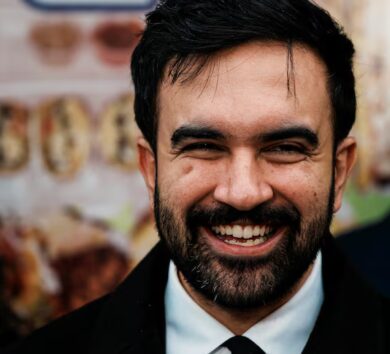
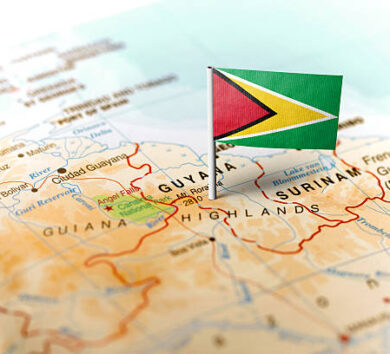
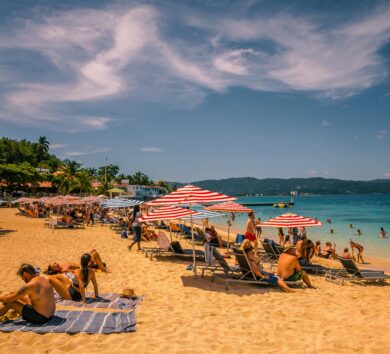
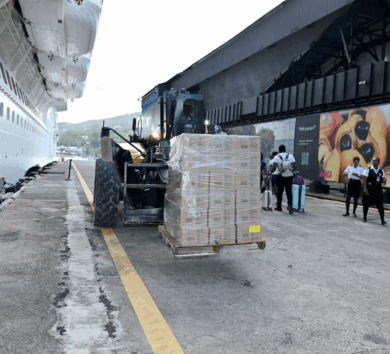


Comments